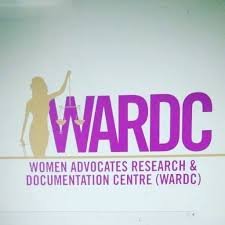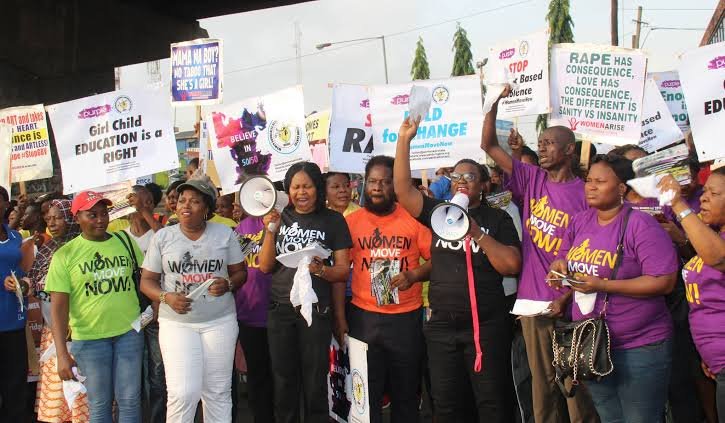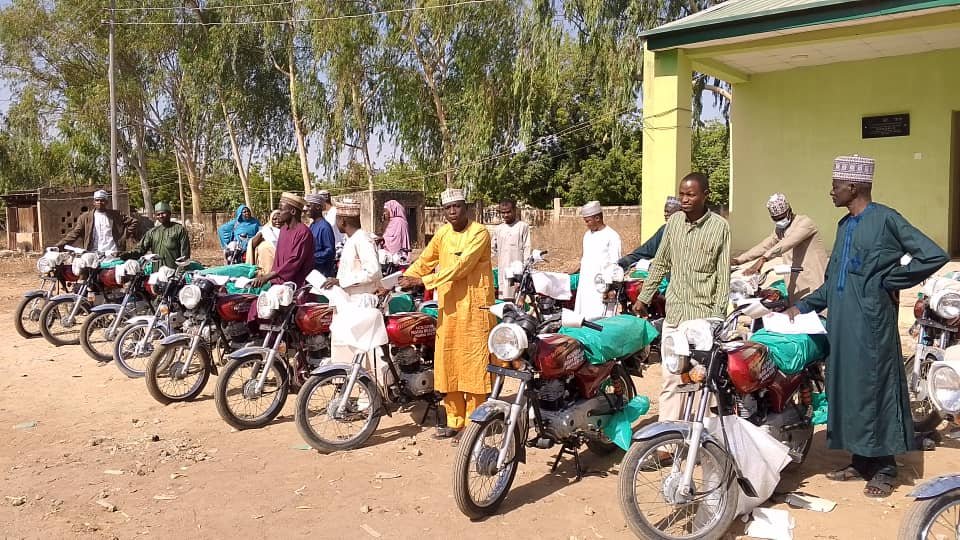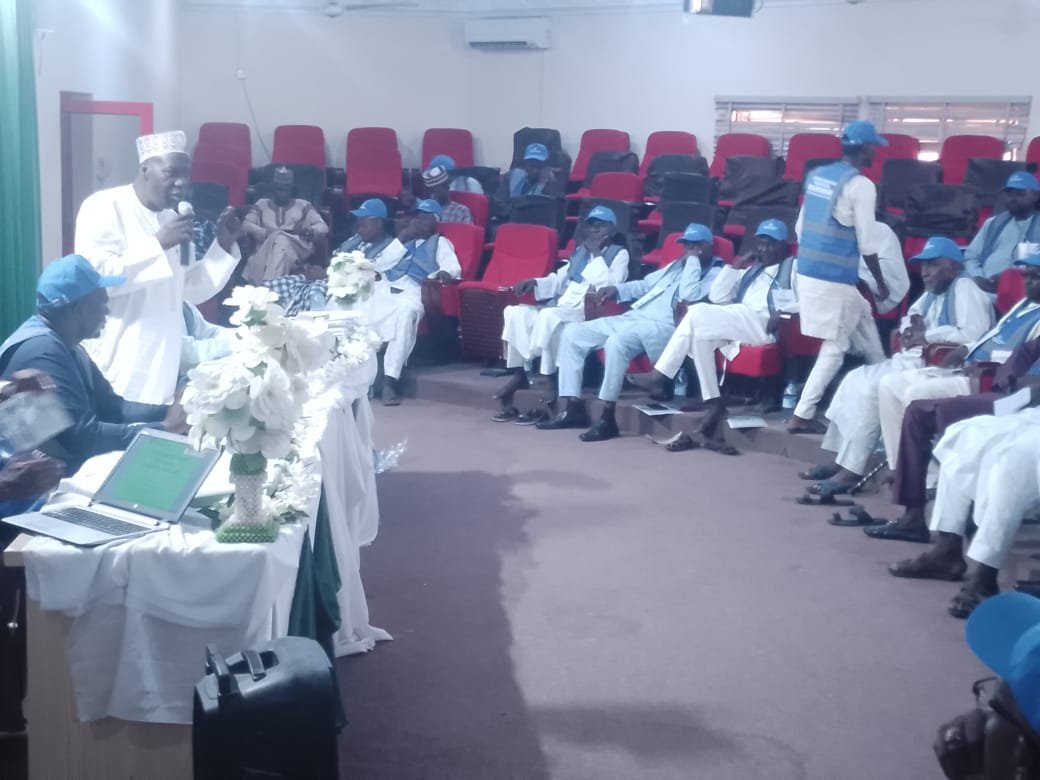WARDC Raises Alarm As 1 in 4 Nigerian Girls Face Period Poverty
By Ahmed Aminu, Dutse


The Women Advocates Research and Documentation Centre (WARDC) has revealed that one in four Nigerian girls suffers from period poverty, resulting in frequent school absenteeism and heightened risk of reproductive tract infections.
This was contained in a statement signed by the organisation’s director, Dr. Abiola Akiyode-Afolabi, and made available to The Syndicate as part of activities marking the 2025 International Day of the Girl Child.
The statement was titled “Breaking the Silence: Empowering Girls Through Dignity, Health and Justice.”
According to her, WARDC aligns with the 2025 theme of the Federal Ministry of Women Affairs, “The Girl I Am, The Change I Lead: Girls on the Front Lines of Crisis,” and is drawing attention to the urgent need to address period poverty, promote menstrual hygiene, and safeguard the dignity and rights of girls, particularly in rural areas.
Dr. Akiyode-Afolabi noted that despite gains in health and education, millions of girls in Nigeria still lack access to sanitary products, proper hygiene facilities, and menstrual education.
“Reports show that one in ten girls in Africa misses school during their periods, while up to 25 percent of Nigerian schoolgirls do not have access to safe menstrual hygiene products. The situation is more dire in rural communities where water and sanitation facilities are often non-existent,” she said.
She added that period poverty results in absenteeism, reproductive health risks, shame, psychological trauma, early school dropout and child marriage.
“We must break the culture of silence and stigma surrounding menstruation and ensure no girl is left behind simply because of a natural biological process,” she stressed.
Dr. Akiyode-Afolabi reaffirmed WARDC’s commitment to promoting gender equality and defending the rights of women and girls through legal advocacy, research, policy engagement and community mobilisation.
“Our work focuses on advancing girls’ access to education, healthcare, and protection from violence. Every girl deserves to grow up with dignity, free from discrimination and stigma, especially around menstruation and sexual violence,” she said.
The centre called for the urgent passage of a National Menstrual Health Policy and Law, improved school protocols to prevent and report sexual violence, increased budgetary allocation for girls’ health and hygiene, as well as community sensitization and male engagement.
WARDC commended Bauchi State for establishing the country’s first Menstrual Bank, which provides free sanitary products to girls in schools and underserved communities. The director urged other states to adopt and scale up the initiative.
“This bold step reflects a deep understanding of the critical link between menstrual health, education and girls’ empowerment,” she noted.
She concluded that when girls are empowered, society flourishes. “Girls are not merely victims of crisis — they are leaders, innovators and change-makers. But to lead, they must be equipped with the basic tools of dignity, education, safety and health.”





